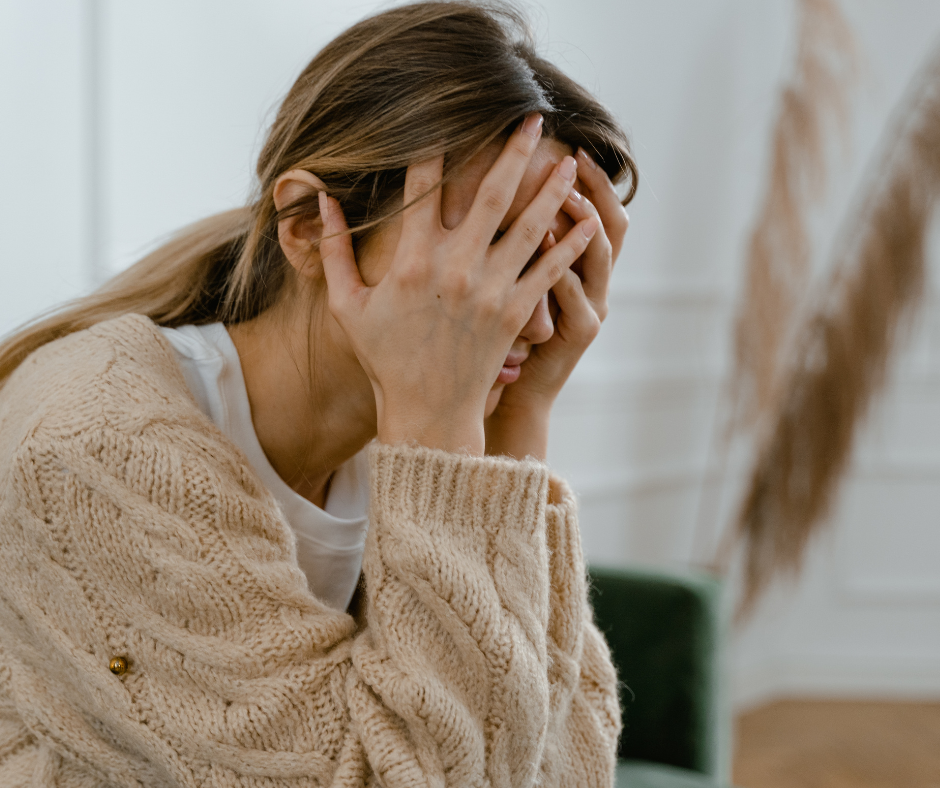Extensive research across the globe has brought to light a concerning trend in mental health: men are significantly less likely to utilise mental health services compared to women. This phenomenon is not unique to Australia, where statistics reveal that men are 11% less likely to consult with a psychiatrist and 18% less likely to seek help from other mental health professionals.
Men’s struggles often hide in plain sight—society expects them to be unfeeling and self-reliant, and anything less is perceived as weak or manly. Getting professional help is simply a threat to traditional masculinity. This is a common assumption among males that contributes to the stark contrast of mental health facility utilisation rates between men and women.
Common Mental Health Challenges Among Males:
Men, like women, face a spectrum of mental health challenges, and understanding these specific issues is crucial for providing effective support. Masculine gender socialisation and societal expectations often contribute to unique manifestations among males. Let’s strip away the façade and acknowledge the common mental health challenges that men grapple with:
Depression and Underreporting
While depression is prevalent across genders, men may be more prone to underreporting their symptoms. The societal pressure to embody stoicism and resilience can lead men to downplay their feelings. This makes it more difficult to recognise and address signs of depression
Suicidal Ideation and Attempts
According to the Australian Bureau of Statistics, suicide remains the leading cause of death for men aged 15 to 44. These stark figures emphasise the gravity of mental health issues among men. This reluctance to seek help and admit vulnerability contributes to a higher risk of untreated mental health issues, which can escalate to suicidal ideation and attempts.
Substance Abuse as Coping Mechanism
Some men turn to substance abuse as a coping mechanism for mental health issues. This can be attributed to the societal expectations that discourage open emotional expression. In a way, substance abuse is a form of unguided medication that does more harm than good.
Workplace Burnout
The pressure to conform to traditional masculine ideals of success and provider roles can contribute to excessive workplace stress. Men may feel compelled to prioritise their careers at the expense of their mental well-being, leading to a cycle of stress and diminished mental health.
Relationship Challenges
Masculine gender expectations also influence men’s approach to relationships, impacting how they navigate emotional intimacy and connection. Society associates vulnerability with weakness, which leads men to internalise their feelings rather than communicate with their partners effectively. Moreover, the pressure to conform to stereotypical dominance can compel men to assert authority, leading to power imbalances and a lack of shared decision-making.
Isolation and Loneliness
Norms around male friendships limit emotionally expressive conversations, which can result in a sense of isolation. Vulnerability is rare even in the presence of loyal male friends. This lack of emotional connection becomes a barrier to seeking help, further perpetuating feelings of isolation and loneliness.
Anger and Irritability
Rather than expressing vulnerability, some men may externalise their emotional distress through anger or irritability. These manifestations can be indicative of underlying mental health issues that require understanding and support.
Breaking Societal Stigmas
Men, conditioned to be stoic and unyielding, often face the brunt of societal stigmas that belittle vulnerability. The expectation that men should be resilient in the face of adversity only encourages silence and isolation.
It’s crucial to recognise that mental health is multifaceted and knows no gender bounds. Similarly, how we approach it is deeply embedded in various corners of our lives, including:
-
Upbringing
-
Education
-
Peers
-
Popular culture and media
Understanding men’s perspectives on mental health requires acknowledging the broader cultural discourse that shapes their experiences and decisions.
The Call to Open Conversations
As a telehealth counselling organisation that offers an extra layer of trust and convenience to mental health sessions, Altru Health champions open conversations about men’s mental health. Our mission is clear—to provide a safe and judgement-free space for both men and women to share their experiences.
You can take part in this mission by being a mindful friend, regardless of gender stereotypes and societal expectations. It’s imperative to emphasise that breaking stigmas requires collective effort. By acknowledging the challenges and fostering open conversations among friends, family, and peers, we learn to become a more empathetic society.
Men’s mental health matters—so together, let’s shatter the stigmas.



